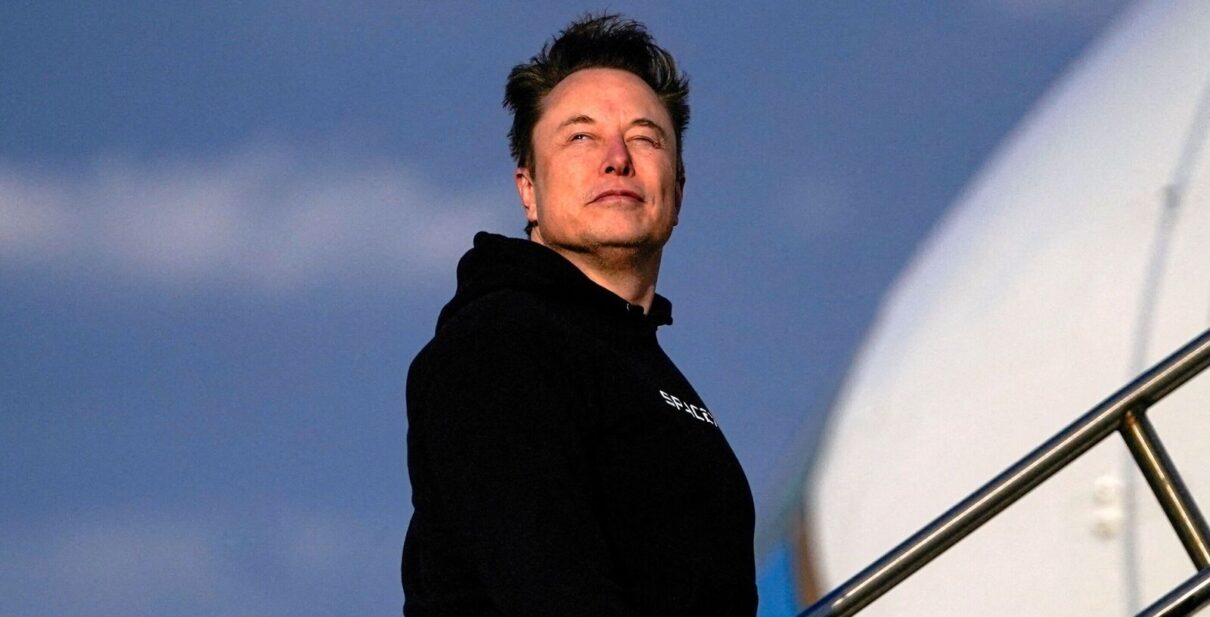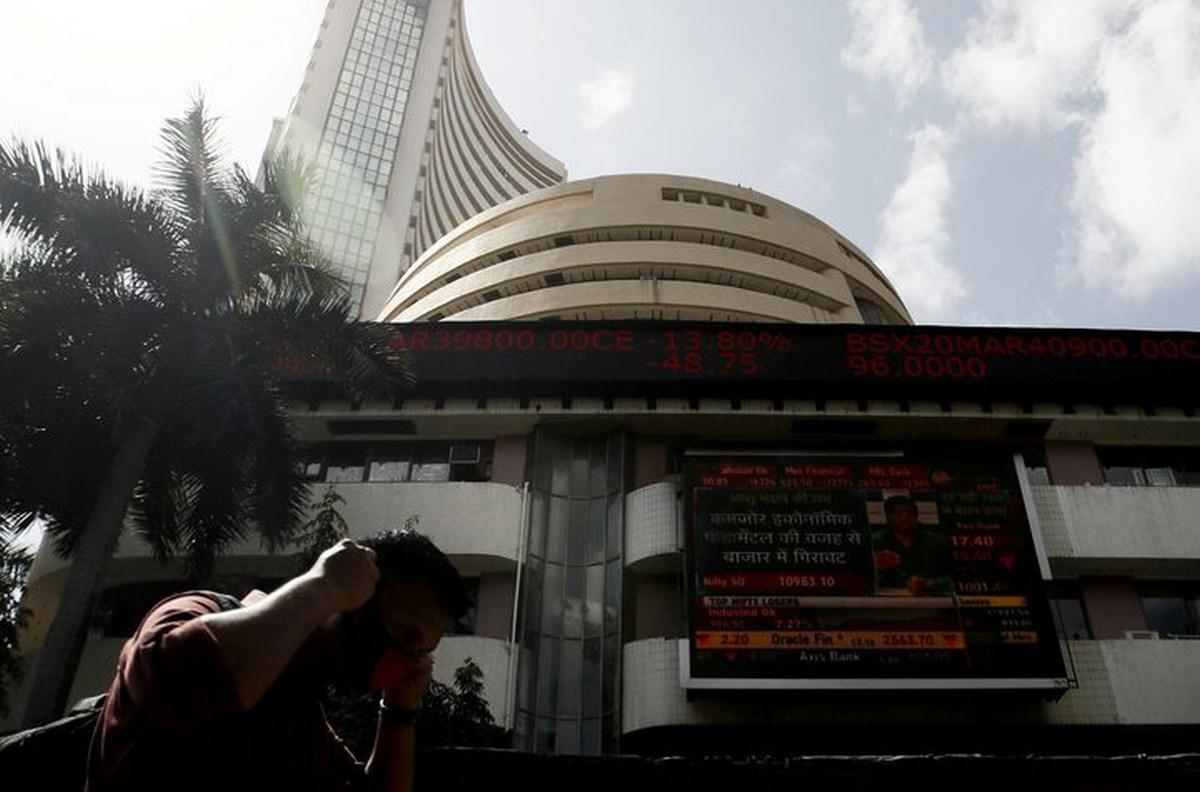Is anyone really worth a trillion dollars? Investors get an answer to that question later this week, when shareholder votes on Tesla CEO Elon Musk’s massive pay package are tallied.
Ahead of the vote, Barron’s asked more than a dozen Wall Street analysts, investors, and industry participants to weigh in. We learned a few things—including why it had to be a 13-figure award.
“It’s just a matter of ego and an assertion on the part of Elon Musk of what he deserves,” said Jo-Ellen Pozner, associate professor at Santa Clara University’s Leavey School of Business. “A trillion is the new billion.”
In September, Tesla’s board proposed a new performance award for Musk that will give the CEO roughly 425 million shares if he hits financial and operational milestones over the next decade, which culminate in an $8.5 trillion market capitalization and $400 billion in annual earnings before interest, taxes, depreciation, and amortization, or Ebitda.
Coming into the week, Tesla is valued at roughly $1.4 trillion, so if the stock gains roughly 20% a year, reaching $8.5 trillion over the next decade, Musk’s performance award will be worth a cool $1 trillion.
That doesn’t seem too hard. Tesla, however, is expected to generate about $13 billion in Ebitda in 2025. That has to expand more than 30 times in 10 years to hit the goal. The operational milestones that are paired with the financial milestones tell investors how Tesla’s board expects Musk to get there. Tesla must sell 20 million EVs cumulatively, have 10 million subscriptions for Tesla’s driver assistance product called Full Self Driving, deploy one million robo-taxis, and sell one million robots.
Selling the cars will be easy. Tesla has already sold about 8.5 million cars over its life. The rest are dependent on Tesla improving and deploying AI technology it uses to train cars to drive themselves and robots to do useful tasks.
That’s the background anyway. Whether it’s good governance, whether Musk is worth it, and whether he will get it are separate questions.
There was a clear consensus among survey respondents on the outcome. Musk will get his pay package. Tesla has designed similar packages in 2012 and 2018, and investors—many of whom are smaller, retail investors—have always voted for them, typically against the recommendation of proxy advisors, who give opinions on how shareholders vote and who Musk called “corporate terrorists” in October for deigning to oppose his package.
Wall Street, for the most part, believes it’s good governance—with analysts typically pointing out that all of Musk’s pay is at risk. If the stock doesn’t perform, he earns nothing.
The governance question is far from settled, though. Not all the goals laid out are hard to hit. And Tesla’s board isn’t truly independent, said Pozner: “He’s created a board, and a governance scenario, where there’s nobody who’s going to say no to him.”
As for worth, the question for Wall Street seems moot. Most acknowledge that Tesla is Musk and Musk is Tesla. If Tesla shareholders vote to give it to him, then he gets it. And shareholders will give it to him.
What the vote will mean for other CEOs or pay in America is harder to predict. “He’s one of one,” said Pozner of Musk. Like him or hate him, on that point, everyone agrees.
Write to Al Root at [email protected]




